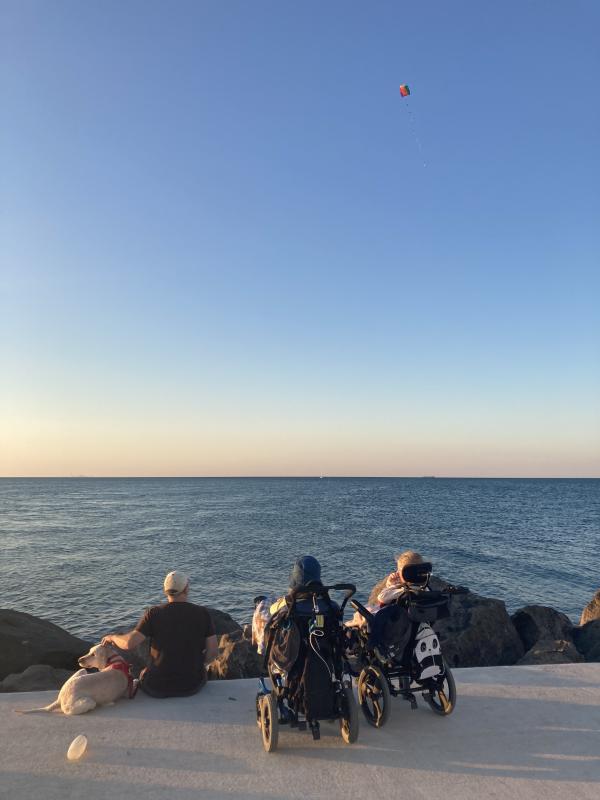ENVISAGE-Families (ENVISAGE-F: Enabling Visions and Growing Expectations for Families) is a unique, evidence-based program that supports and empowers caregivers raising children with developmental concerns and disabilities.
Parenting children with disabilities is challenging and can take a significant toll on caregivers, impacting their wellbeing, their family, and the outcomes for child, family, and community.
The ENVISAGE-F program was co-created by Australian and Canadian researchers in partnership with parents and clinicians and offers five integrated workshops that can be delivered online or in person.
ENVISAGE-F provides families with evidence-based information, family-focused strategies, and a community of support through peer connections. Workshops are co-facilitated by a trained caregiver with lived experience, and a qualified early childhood professional.
ENVISAGE-F’s uniqueness lies in its demonstrated ability to positively change caregiver, family, community, and societal attitudes towards people with disabilities. Through rigorous evaluation the program has been shown to increase caregivers' confidence in parenting children with disabilities, empowering them to take strengths-based, future-focused approaches to their child, family, and community.
ENVISAGE-F provides caregivers with tools to support connection, collaboration, and wellbeing. Empathy and evidence are equally prioritised to ensure that caregivers finish the program embedded within an informed community of support.
ENVISAGE has now been upscaled for far-reaching impact across Australia and includes ENVISAGE-First Peoples, specifically codesigned with/for Aboriginal and Torres Strait Islander families and communities; ENVISAGE-International, a cross-cultural translation of ENVISAGE to different languages and cultural groups; and ENVISAGE-Service Providers for health professionals working in early child development and disability.































